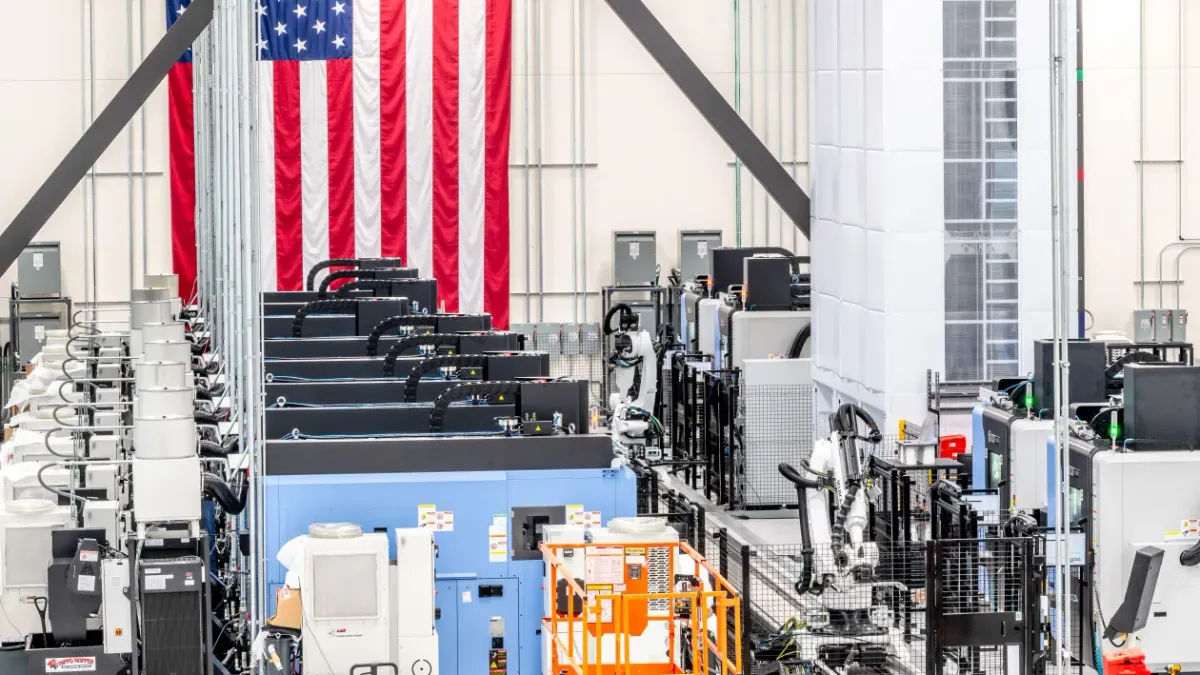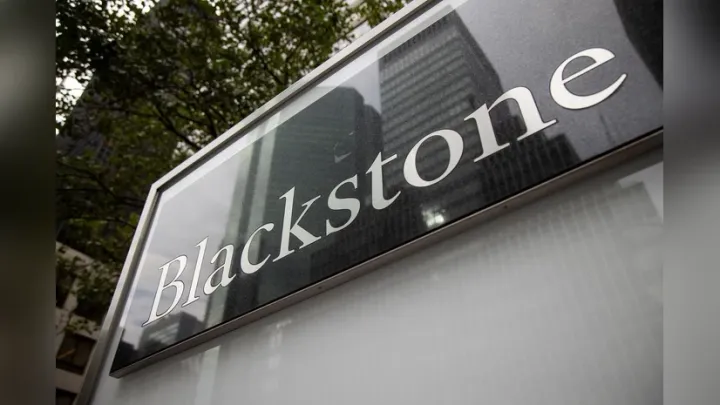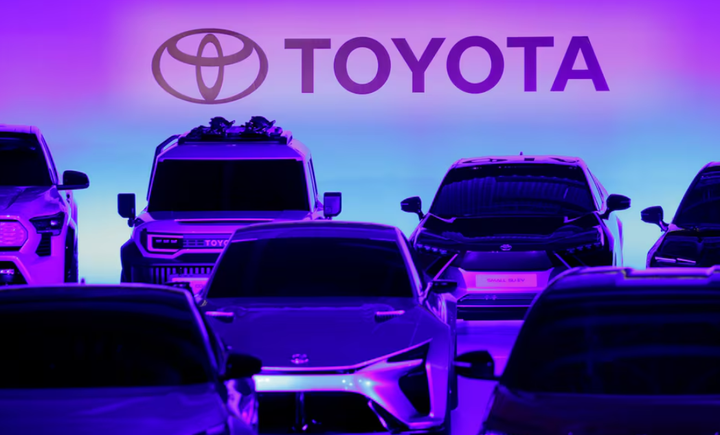Hadrian Raises $260 Million to Transform Defense Manufacturing using AI and Robotics

In a significant vote of confidence for the future of U.S. defense infrastructure, defense manufacturing firm Hadrian raised $260 million in a Series C funding round, spearheaded by Peter Thiel's Founders Fund and Lux Capital. The large infusion of funds reflects the increasing investor belief in next-generation defense technology as Hadrian expands its AI-driven production sites to accommodate record demand from the U.S. Department of Defense.
Established with the vision to mechanize America's defense production, Hadrian is focused on robotics-driven production of key aerospace and naval parts. The fresh investment will facilitate Hadrian to construct a 270,000-square-foot facility in Mesa, Arizona, which will be four times bigger than its existing Torrance, California plant. Besides increasing production, the expansion will also create 350 new jobs in Arizona and accommodate the company's increased number of defense contracts.
Disrupting a Legacy Industry
For decades, established defense contractors such as Northrop Grumman and Lockheed Martin have dominated the industry. But Hadrian, founded by CEO Chris Power, is part of a new generation of defense tech startups applying Silicon Valley's speed, automation, and innovation to one of national security's most critical pillars.
"What we actually need in this nation is this quantum leap over China's manufacturing paradigm," Power told CNBC in an interview. "It's supercharging the worker over replacing them."
Hadrian is not only about constructing factories — it's about constructing a new industrial workforce model. Power highlighted that although the U.S. has the desire to increase defense production, the shortage of skilled factory workers is still the biggest challenge. To address that, Hadrian's own systems enable new recruits — even former nurses, ex-marines, and those with no factory experience — to be trained up and become 10x as productive in only 30 days.
Scaling for National Security
The Arizona plant is only the start. Hadrian announced plans for four to five additional locations over the course of the next 12 months to accommodate the growing demand from its military customers, including the U.S. Navy's shipbuilding and submarine divisions. These plans, supported by blue-chip investors like Andreessen Horowitz and Altimeter Capital, are part of a larger national trend to bring manufacturing back onshore and make production capacity a national security issue.
"This isn't an economics story," Power said. "It's a national security imperative."
The new capital infusion comes after a $92 million funding round closed in late 2023, evidencing how Hadrian has quickly grown to become one of the most observed companies in the defense tech industry.
FAQs About Hadrian's Funding and Vision
What is Hadrian, and what does it do?
Hadrian is a defense manufacturing business that employs robotics and artificial intelligence to make machine parts for aerospace and naval defense automated. Its objective is to scale and transform U.S. defense manufacturing through cutting-edge technology.
What will the $260 million funding be used for?
The capital will be used to construct a large new factory in Mesa, Arizona, increase the company's Torrance, California facility, employ 350+ employees, and increase production to meet Department of Defense contracts.
Who are the major investors in this round?
The Series C round was led by Peter Thiel's Founders Fund and Lux Capital, with Andreessen Horowitz and Altimeter Capital, among others, participating.
How does Hadrian differ from legacy defense contractors?
While legacy firms use antiquated automation and AI to augment American manufacturing, Hadrian uses advanced automation and AI to turbocharge American factories. It emphasizes quick workforce training and productivity, allowing factory work to be an option for individuals without experience.
Why does Hadrian's growth matter to the U.S.?
Hadrian's approach speaks to both economic and national security issues through reshoring manufacturing, advanced production, and diminishing dependence on overseas supply chains. Its activities ensure that America's defense capacities remain flexible, innovative, and self-reliant.



